detail profile ruggero raimondi
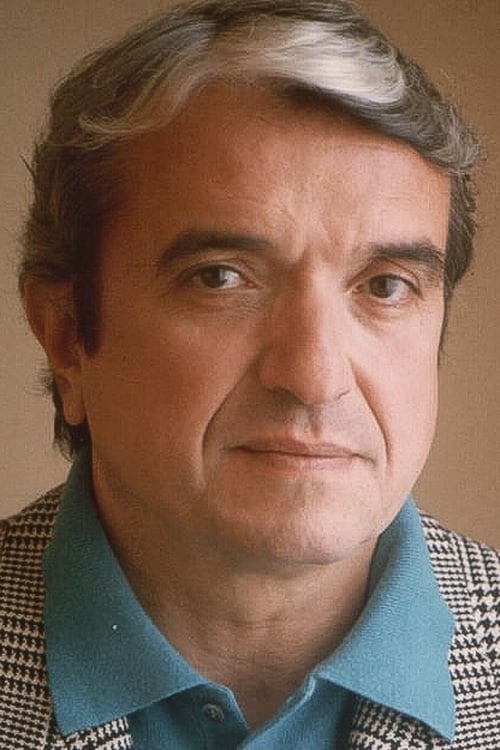
Riwayat Hidup
Ruggero Raimondi (born 3 October 1941) is an Italian bass-baritone opera singer who has also appeared in motion pictures.
Ruggero Raimondi was born in Bologna, Italy, during World War II.
His voice matured early into its adult timbre, and at the age of 15, he auditioned for conductor Francesco Molinari-Pradelli, who encouraged him to pursue an operatic career.
He began vocal studies with Ettore Campogalliani, and was accepted at age 16 as a student at the Giuseppe Verdi Conservatory in Milan.
He then continued his studies in Rome, under the guidance of Teresa Pediconi and Armando Piervenanzi.
After having won the National Competition for young opera singers in Spoleto, he made his debut in the same city in the role of Colline in La bohème in the Festival dei Due Mondi.
Subsequently, an opportunity arose for him at the Teatro dell'Opera in Rome when he was called upon to substitute in the role of Procida in Giuseppe Verdi's I vespri siciliani, and he received enormous success from the public and the critics.
The young singer was very shy and stiff at first, but his early directors helped him, and he was soon an accomplished opera actor.
Raimondi's career soon extended to the major opera houses in Italy, such as La Fenice in Venice, the Teatro Regio in Turin, Teatro Comunale in Florence and abroad, beginning with the Glyndebourne Festival (Don Giovanni in 1969).
His La Scala debut was as Timur in Turandot in 1968, his Metropolitan Opera debut was as Silva in Ernani in 1970, and his Covent Garden debut was as Fiesco in Simon Boccanegra in 1972.
In 1975, he made his Paris Opera debut as Procida, followed by the title role in Boris Godunov, and his Salzburg Festival debut in 1980 as the King in Aida.
In 1986, he first directed a production of Don Giovanni, and decided to continue his career as a director as well.
Some of his most important roles have been King Philip in Verdi's Don Carlos; Fiesco; the title roles in Boris Godunov (including the Andrzej Żuławski film) and Attila; Silva; Escamillo in Bizet's Carmen (including the Francesco Rosi film, 1984, with Plácido Domingo and Julia Migenes); the title role in Don Giovanni (including the Joseph Losey film, 1979); Count Almaviva in The Marriage of Figaro; and Don Alfonso in Così fan tutte; the title role in Don Quichotte by Massenet; and Scarpia in a recording of Tosca later filmed live from Rome, with Plácido Domingo and Catherine Malfitano, conducted by Zubin Mehta.
He also made the television film Six Characters in Search of a Singer.
[citation needed] In 2008, Raimondi made his television debut in the mini-series Le Sanglot des anges on French TV, in which he played the role of an Italian opera singer.
In July 2011 he played the role of Pagano in Verdi's I Lombardi alla prima crociata on the rooftop of Milan Cathedral.
The concert was organized by the Veneranda Fabbrica del Duomo di Milano to celebrate the 150th anniversary of Italian unification.
Source: Article "Ruggero Raimondi" from Wikipedia in English, licensed under CC-BY-SA 3.
0.
Info Pribadi
Peran Yang Di Mainkan Ruggero Raimondi
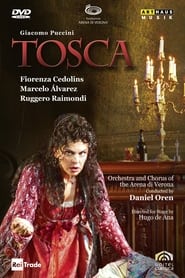 Puccinis melodrama about a volatile diva...
Puccinis melodrama about a volatile diva...Puccini: Tosca (Arena di Verona) 2006
Puccini’s melodrama about a volatile diva, a sadistic police chief, and an idealistic artist has offended and thrilled audiences for more than a century. Critics, for their part, have often had problems with Tosca’s rather grungy subject matter, the directness and intensity of its score, and the crowd-pleasing dramatic opportunities it provides for its lead roles. But these same aspects have also made Tosca one of a handful of iconic works that seem to represent opera in the public imagination.
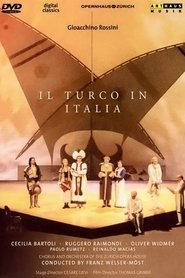 When a wealthy Turkish aristocrat arrives...
When a wealthy Turkish aristocrat arrives...Rossini: Il turco in Italia (Opernhaus Zurich) 2002
When a wealthy Turkish aristocrat arrives in a humble Italian town, the married women roll their eyes in delight, their rival lovers lose out, and the husbands rage with jealousy. These may be silly clichés, but they are the subject of IL TURCO IN ITALIA and the composer plays with them – quite deliberately. He knows that he is putting archetypes of Italian comedy on stage with figures such as the exotic lady-killer Selim, the young woman Fiorilla, who is chained to the stove at home, but adventurous, and her husband Geronio, who is ridiculous because he is much too old – and relishes the ironic exaggeration. Franz Welser-Most conducts the Zurich Opera House Chorus and Orchestra in this performance of Rossini's opera buffa.
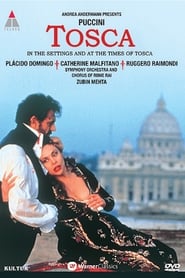 This live version of Puccini s...
This live version of Puccini s...Tosca 1986
This live version of Puccini s superbly dramatic opera was recorded in Rome in the exact locations and at the precise times of day as Puccini had written into his score. The action opens in Rome's beautiful 16th-century church of Sant Andrea della Valle, where Cavaradossi (Plácido Domingo) is innocently painting, moves to the Farnese Palace where Tosca (Catherine Malfitano) dramatically stabs the lustful Scarpia (Ruggero Raimondi), and finally to the battlements of the Castle Sant Angelo at dawn the following day where Cavaradossi is cruelly killed, and Tosca takes her own life.
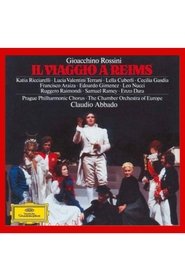 The historic 1984 revival performance of Il...
The historic 1984 revival performance of Il...Il viaggio a Reims 1984
The historic 1984 revival performance of Il viaggio a Reims was the first time in over 150 years the opera was performed. Set in a luxurious hotel in Plombières-les-Bains, the opera follows a diverse group of aristocratic characters as they gather to celebrate the coronation of King Charles X of France. Amidst the festivities, wacky antics ensue, romantic entanglements unfold, and the characters face various comedic and dramatic challenges, showcasing Rossini's masterful blend of music, comedy, and drama.
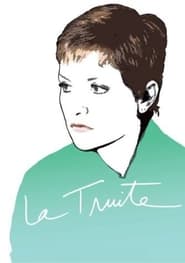 The sexual and social dysfunctional behaviour...
The sexual and social dysfunctional behaviour...The Trout 1982
The sexual and social dysfunctional behaviour of the corporate elite are further aggravated when a naive married woman becomes the obsession of two wealthy suitors.
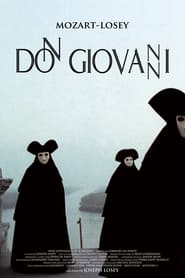 Screen adapatation of Mozarts greatest opera...
Screen adapatation of Mozarts greatest opera...Don Giovanni 1979
Screen adapatation of Mozart's greatest opera. Don Giovanni, the infamous womanizer, makes one conquest after another until the ghost of Donna Anna's father, the Commendatore, (whom Giovanni killed) makes his appearance. He offers Giovanni one last chance to repent for his multitudinious improprieties. He will not change his ways So, he is sucked down into hell by evil spirits. High drama, hysterical comedy, magnificent music!
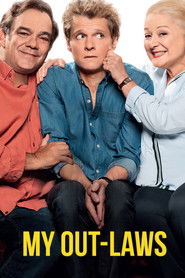 When their daughter decides to get...
When their daughter decides to get...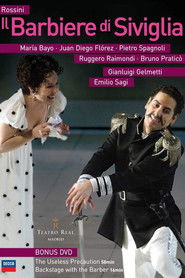
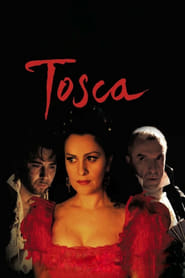 Benoit Jacquots acclaimed 2002 film of Puccinis...
Benoit Jacquots acclaimed 2002 film of Puccinis...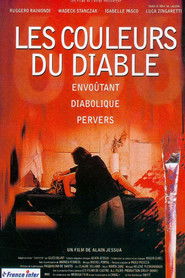 A young talented painter dreams of...
A young talented painter dreams of...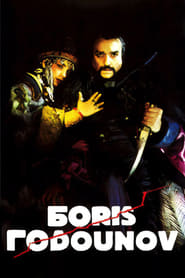 A possible impostor torments a newly...
A possible impostor torments a newly...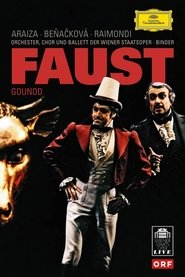 In an epic tale of good...
In an epic tale of good... A film version of the famous...
A film version of the famous...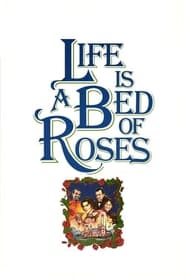 In this whimsical fable Resnais deftly...
In this whimsical fable Resnais deftly...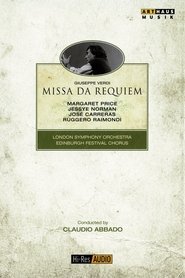 Live performance of Verdis Missa da...
Live performance of Verdis Missa da...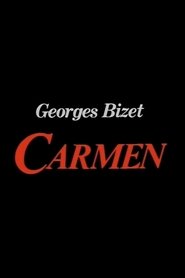 Carmen presented in a production at...
Carmen presented in a production at...